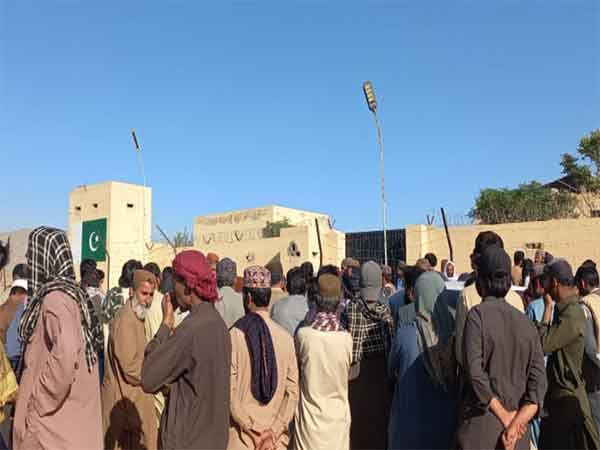India's wholesale inflation hits 3-year low in May at (-) 3.48 pc
Jun 14, 2023

New Delhi [India], June 14 : Wholesale inflation in India based on the Wholesale Price Index continued to stay in the negative zone in May.
It hit a three-year low at minus 3.48 per cent in May, as against minus 0.92 the previous month, official data released by the Ministry of Commerce and Industry showed on Wednesday.
The decrease in wholesale inflation is mainly attributed to the decline in cereals, wheat, vegetables, potato, fruits, eggs meat and fish, oilseeds, minerals, crude petroleum and natural gas, and steel among others in May.
The government releases index numbers of wholesale prices on a monthly basis on the 14th of every month (or the next working day). The index numbers are compiled with data received from institutional sources and selected manufacturing units across the country.
The negative wholesale inflation has been reported for the first time since July 2020. Wholesale inflation has been easing and in March it was at 1.34 per cent against 3.85 per cent in February.
Overall wholesale inflation was 8.39 per cent in October and has fallen since then. Notably, the wholesale price index (WPI)-based inflation had been in double digits for 18 months in a row till September.
Meanwhile, retail inflation in India further eased sharply in May to 4.25 per cent, hitting a two-year low. It was at 4.7 per cent in April and 5.7 per cent the previous month.
Retail inflation (Consumer Price Index) in India peaked at 7.8 per cent in April 2022 to a two-year low now, driven by a reduction in food and core inflation. In some advanced countries, inflation had in fact touched a multi-decade high and even breached the 10 per cent mark.
RBI's consistent monetary policy tightening since mid-2022 could be attributed to the substantial decline in inflation numbers in India. India's retail inflation was above RBI's 6 per cent target for three consecutive quarters and had managed to fall back to the RBI's comfort zone only in November 2022.
Under the flexible inflation targeting framework, the RBI is deemed to have failed in managing price rises if the CPI-based inflation is outside the 2-6 per cent range for three quarters in a row.
RBI's monetary policy committee last week unanimously decided to keep the repo rate unchanged at 6.5 per cent. The repo rate is the rate of interest at which RBI lends to other banks.
Barring the recent pause, the RBI has raised the repo rate by 250 basis points cumulatively since May 2022 in the fight against inflation. Raising interest rates is a monetary policy instrument that typically helps suppress demand in the economy, thereby helping the inflation rate decline.

















